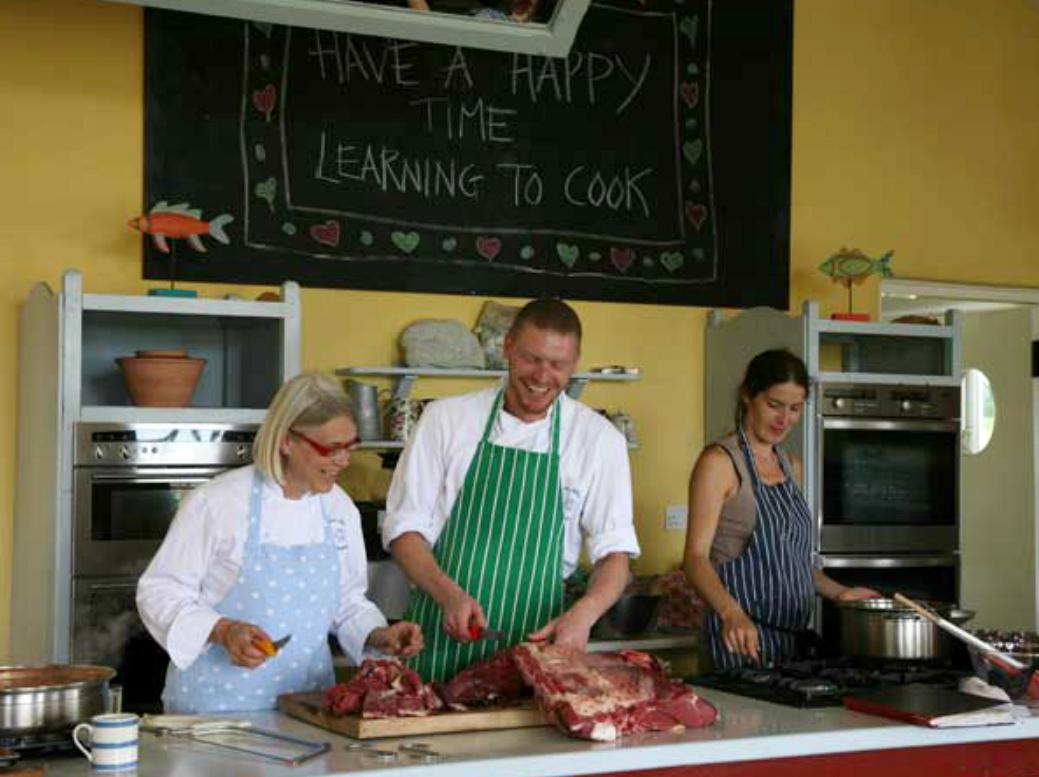By HANNAH O’DONNELL
CONTRIBUTING WRITER

Most high school graduates spend the summer before their freshman year of college stressing about future roommates and picking a major, but not Madison Snider., FCRH ’15.
“I decided to take a gap year because the idea of having the opportunity to do more traveling seemed like the coolest thing ever,” she said. “I knew that there wouldn’t be another time in my life where I could so easily take a year to explore and dedicate it all to myself without having to sacrifice other things.”
According to UCLA’s Higher Education Research Institute, about 1.2 percent of first-time college freshmen in the United States choose to defer their college enrollment for a year.
During this time off, they immerse themselves in life-enriching activities such as volunteer programs, internships, traveling experiences and other outlets for personal development post-high school.
For Snider, this meant enrolling in a 12-week course at the Ballymaloe Cookery School, an award-winning French technique cooking school located in County Cork, Ireland.
“[Ballymaloe] was on a massive organic farm and focused strongly on cooking and preparing food in time-honored ways, using top-quality ingredients,” Snider said. “The school itself was very formal, with real exams and a strict curriculum. I also studied wine, something I was able to do there because I was of legal drinking age. I lived in a courtyard of cottages with other students my age and had such a good time.”
When her time at Ballymaloe came to a close, Snider headed to East Africa and spent four months travelling to different towns while volunteering with a British organization.
“One of my favorite parts of the year was climbing and summiting Mt. Kilimanjaro in Tanzania, which took seven days and was one of the most exotic and fulfilling experiences of my whole life,” she said.
Profound gap year experiences like Snider’s are common in the United Kingdom and Australia and have only recently gained friction in the U.S.
Though gap years can by no means be considered mainstream within the states, the number of American students deferring college for either economic or personal reasons continues to grow.
“It was daunting to be doing something so ‘unusual,’ but I liked that I was creating my own agenda for the year and kind of dictating how I wanted my future to play out rather than having my college counselor do it for me,” Snider said.
Fordham is just one of many schools in the area that permits incoming freshmen to take a year to explore. In fact, competitive universities like Harvard, MIT and Tufts have actually begun to encourage newly-admitted students to take gap years, as it can work to enhance one’s résumé.
Princeton University’s Bridge Year program allows select students to engage in a nine month service program before they enter college.
This program allows incoming freshmen involved with the program to live with local families and receive intensive language training and volunteer placement at program sites in China, India, Peru or Senegal.
If a student’s time, whether abroad or in the states, is well-planned, it can mean great things for his or her understanding of the world and future employability.
“Taking a gap year was the best decision I could have made,” Snider said. “It gave me the chance to step back from my life at home and really get to know myself before I came to college. Having those experiences that I had while away and living on my own before college was something I wish everyone could have the chance to do.”
As the popularity of gap year programs continues to increase, students around the country are beginning to see the gap year as a productive and interesting option.






































































































































































































